Research Services are preparing the support package that is available to researchers that intend to apply to any of the 2025 calls for the various Marie Skłodowska-Curie Actions (MSCA).
We will organise four information webinars during the spring on the various MSCA calls:
MSCA Doctoral Networks
- 1 April, 14:30-16:00
- Target audience: All senior researchers that can act as supervisors for doctoral students, and thereby participate as project partners or coordinators. The webinar is not relevant for doctoral students looking for PhD positions.
- Register for the webinar
MSCA Postdoctoral Fellowships
- 8 April, 15:00-16:30
- Target audience: All who have an interest in the MSCA Fellowship programme. Both fellows and supervisors planning to apply are encouraged to participate in the webinar.
- Register for the webinar
MSCA Staff Exchanges
MSCA COFUND
During the webinars you will hear from invited speakers Isabel Dellacasa Lindberg and Erik Litborn, Swedish National Contact Points for MSCA, as well as from Research Services. The webinars aim to give an overview of the instruments and offer a possibility for the participants to ask and discuss strategic questions regarding the planning and writing of the proposal.
The call timelines are:
MSCA Doctoral Networks
The call will open 28 May 2025 and have a deadline of 25 November 2025.
MSCA Postdoctoral Fellowships
The call will open 8 May 2025 and have a deadline of 10 September 2025.
MSCA Staff Exchanges
The call will open 27 March 2025 and have a deadline of 8 October 2025.
MSCA COFUND
The call will open 23 January 2025 and have a deadline of 24 June 2025.
MSCA and Citizens
The call will open 17 June 2025 and have a deadline of 22 October 2025.
About the funding instruments
MSCA Doctoral Networks aim to train creative, entrepreneurial, innovative and resilient doctoral candidates, through broad collaborations between universities, industry, public bodies and other actors. The programme is open to all research areas. The scheme provides specific incentives to set up Industrial Doctorates and Joint Doctorates.
The 2025 Doctoral Networks call will have a budget of 458.6 million Euro.
Read more about MSCA DN on the European Commission website
MSCA Postdoctoral Fellowships are 2-year European fellowships, or 3-year Global fellowships, for researchers holding a PhD. The fellowships aim to give the fellows new skills through advanced training, international, interdisciplinary and intersectoral mobility. Applications are made jointly by the researcher and the host institution. The programme is open to all research areas.
The key mobility eligibility criterion is that the fellow cannot have stayed in Sweden more than 12 months in the last 3 years prior to the call deadline. Researchers must also have a PhD at the call deadline and have max. 8 years’ research experience post-PhD.
The 2025 Postdoctoral Fellowships call will have a budget of 274.6 million Euro.
Read more about MSCA PF on the European Commission website
The Staff Exchanges action supports the development of international, inter-sectoral and interdisciplinary collaboration in research and innovation through exchanging staff. The scheme helps turn ideas into innovative products, services or processes.
The 2025 Staff Exchanges call will have a budget of 82.7 million Euro.
Read more about MSCA Staff Exchanges on the European Commission website
The COFUND action provides funding for new or existing regional, national and international doctoral or postdoctoral programmes for research, training and career development. Through a co-funding mechanisms COFUND promotes sustainable training and international, interdisciplinary and inter-sectoral mobility.
The 2025 COFUND call will have a budget of 101.8 million Euro.
Read more about MSCA COFUND on the European Commission website
For all questions about MSCA, please contact Research Services: Anneli Wiklander, Karin Langborger, Kerstin Gidlöf or Rickard Eksten.

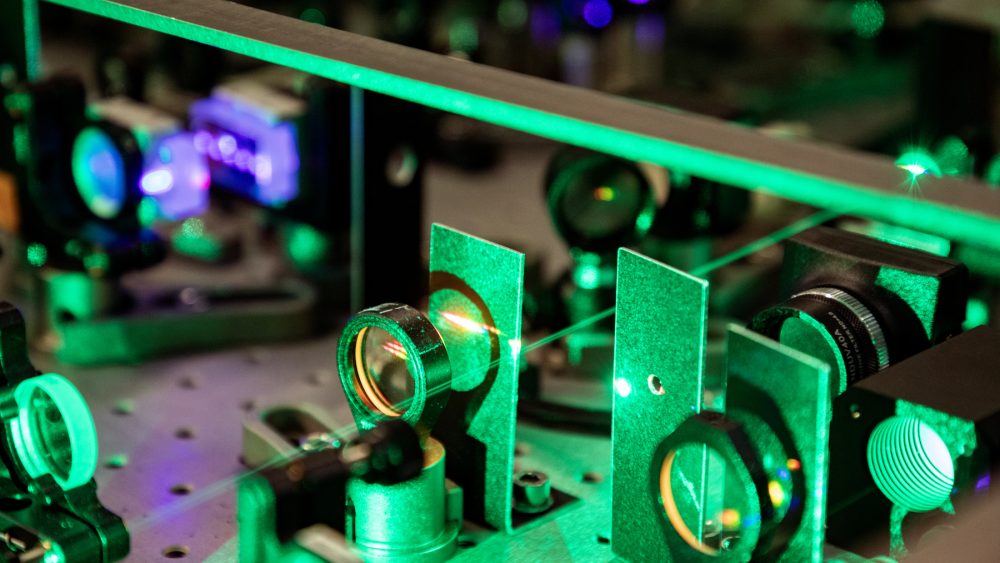

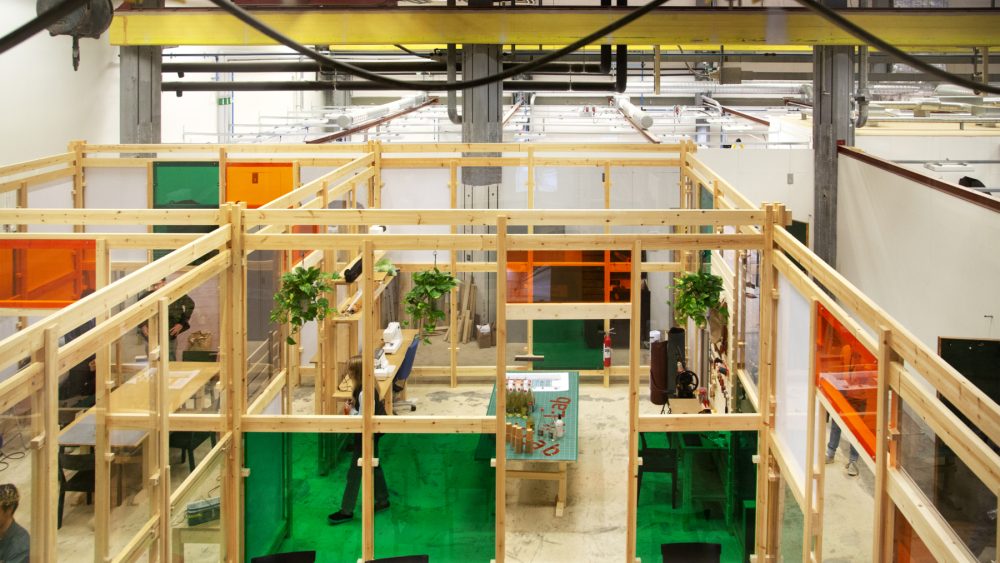

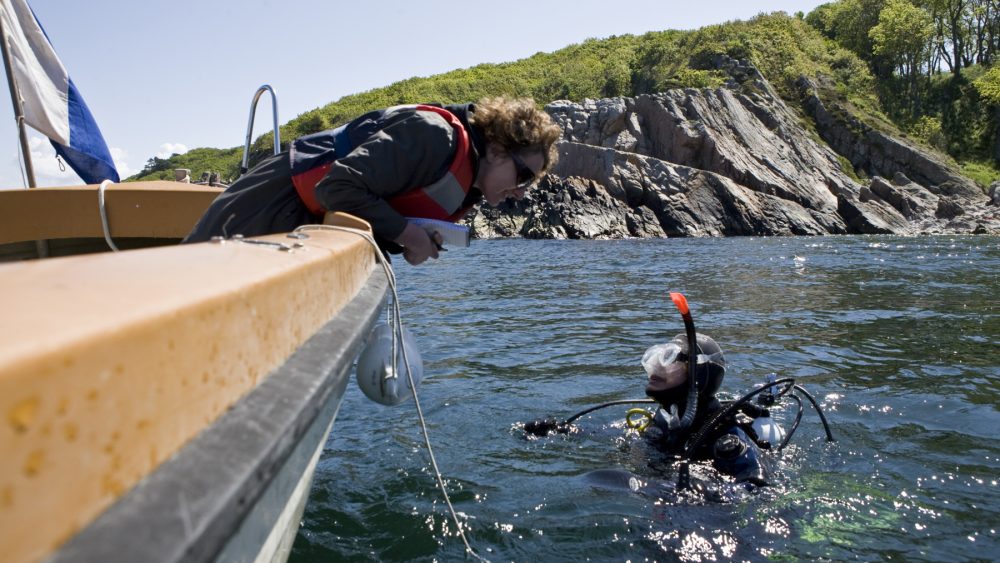

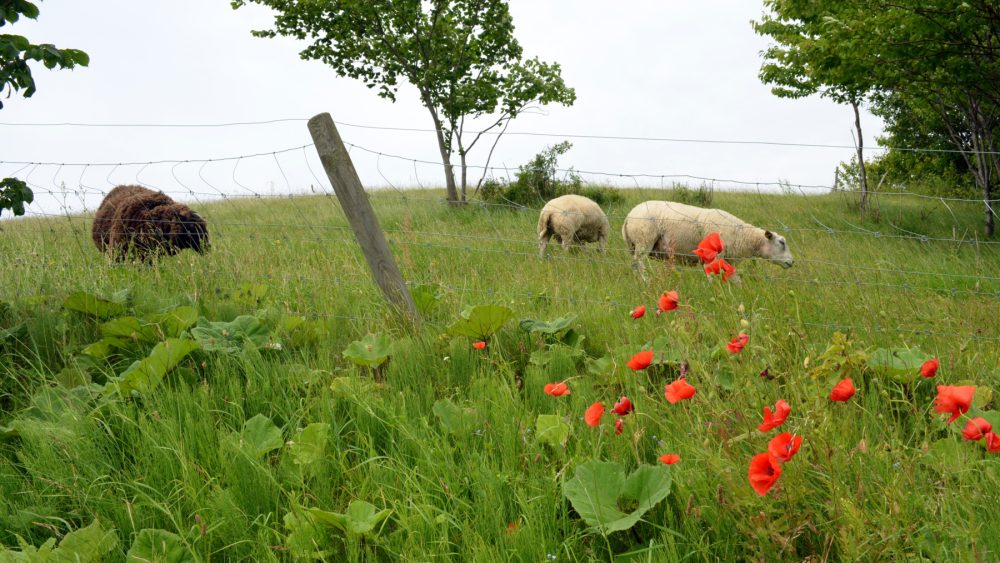
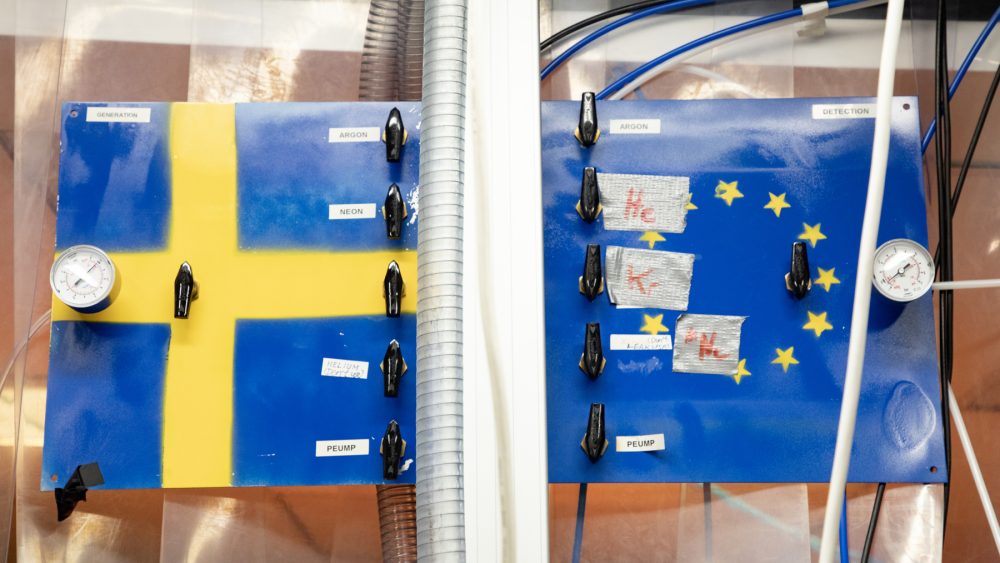

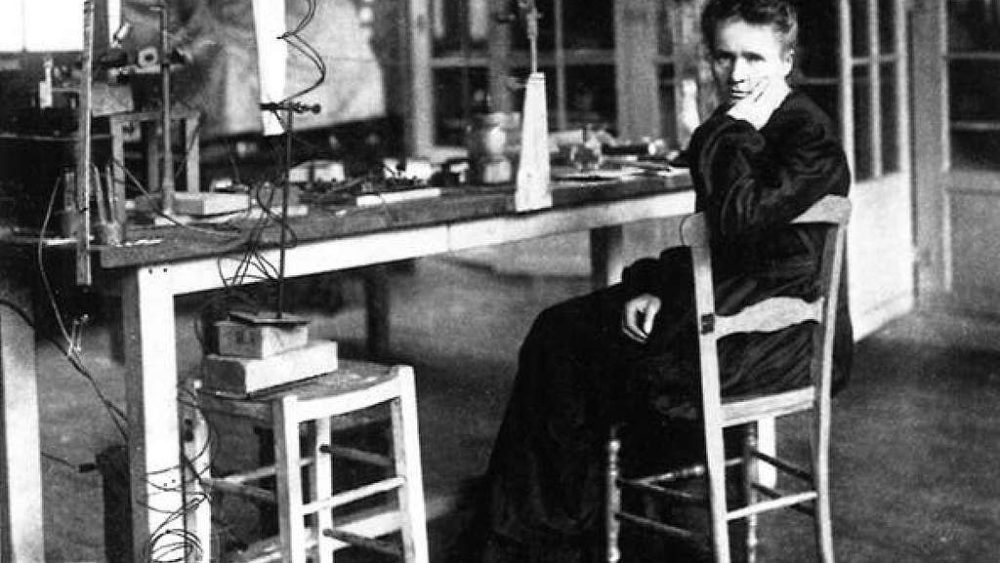

Kommentarer